International Students
January 26, 2025 2025-01-26 4:43International Students
APIC Campus Locations
APIC’s campuses are situated in Australia’s three leading cities of Sydney, Melbourne and Brisbane. These metropolitan cities are wonderfully eclectic mix of cultures, people and past times. You will never be short of places to explore and things to do in Sydney, Melbourne and Brisbane.
Explore Sydney Campus
›
Explore Melbourne Campus
›
Explore Brisbane Brisbane
›
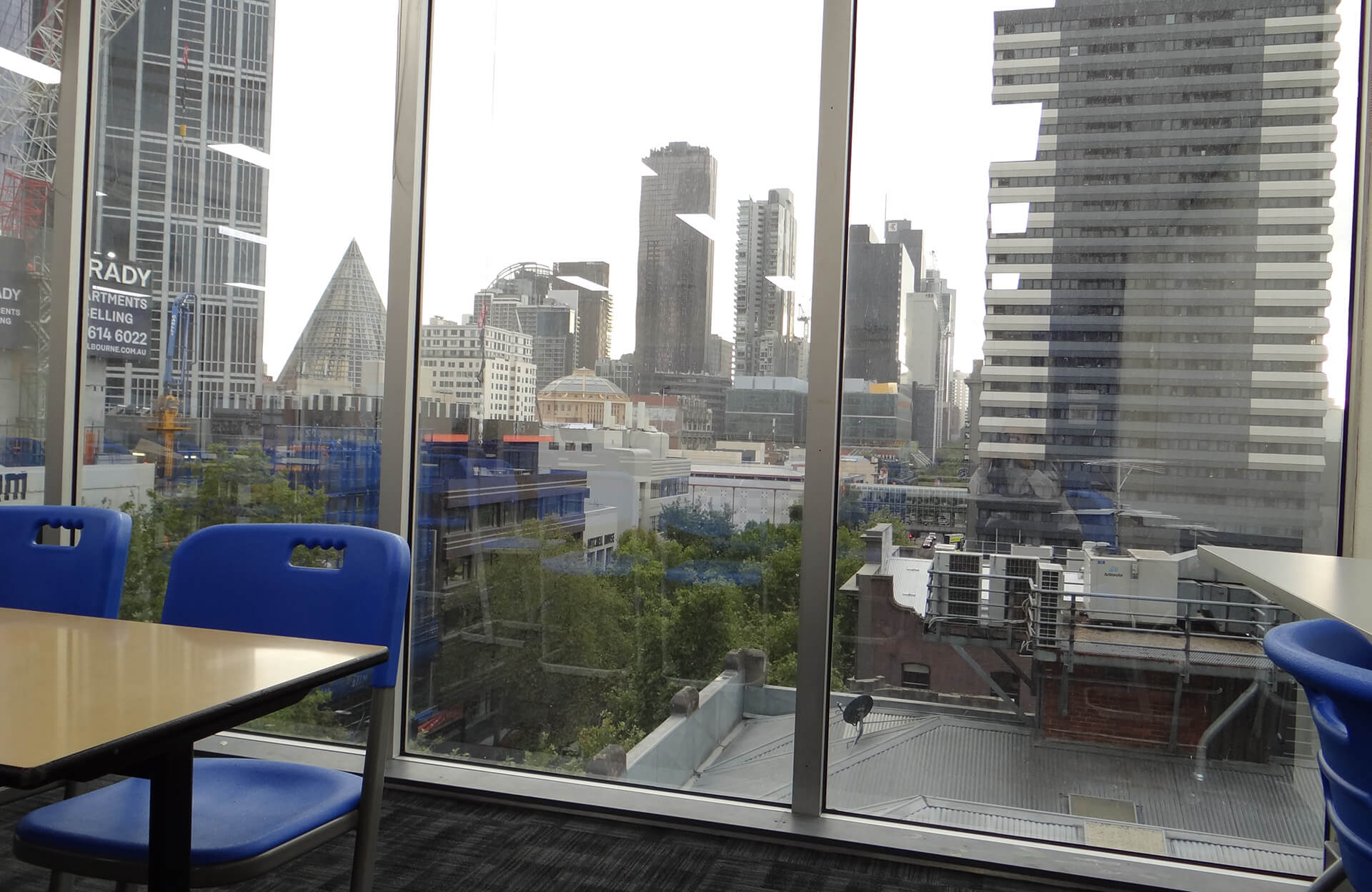
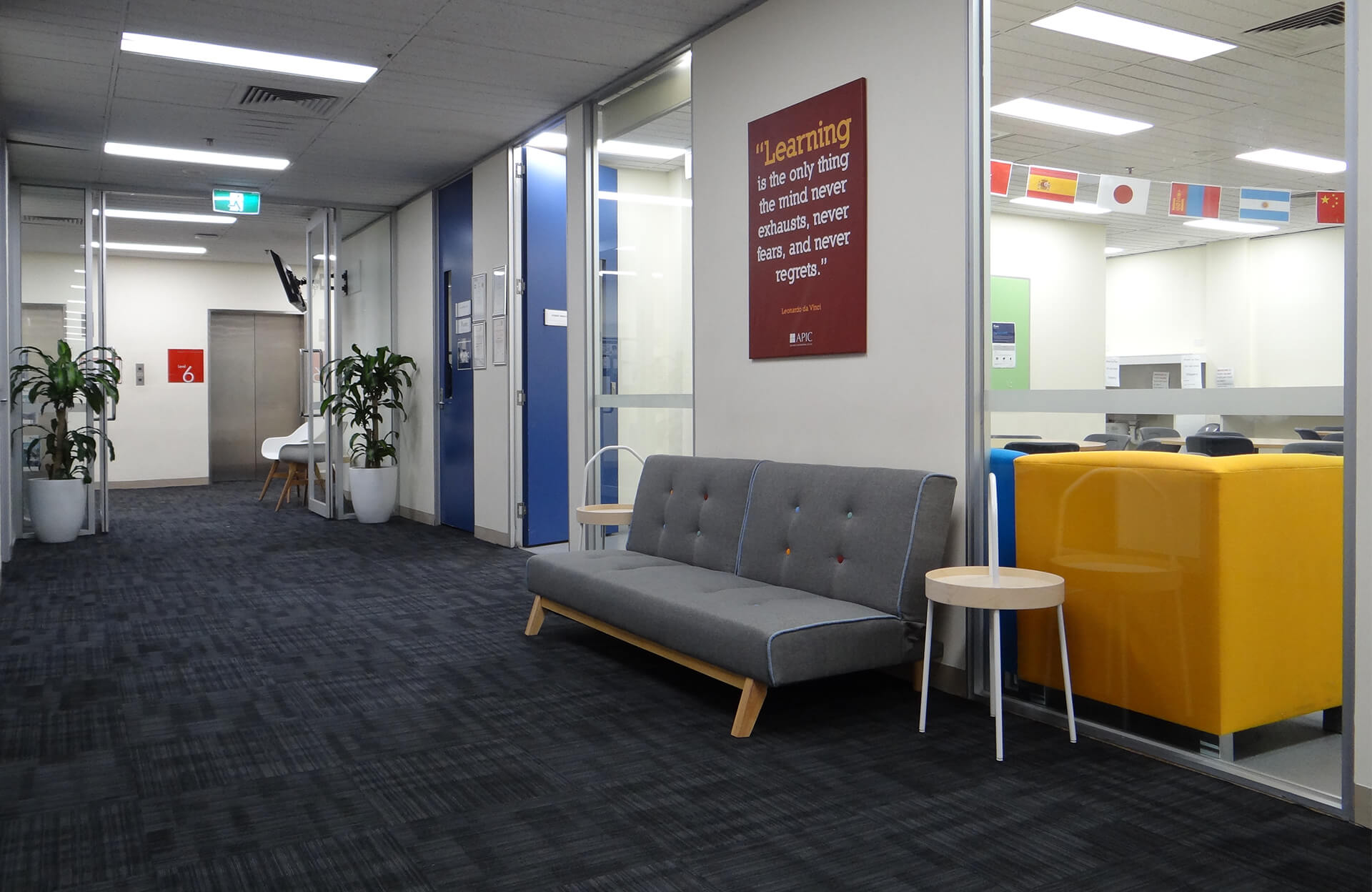
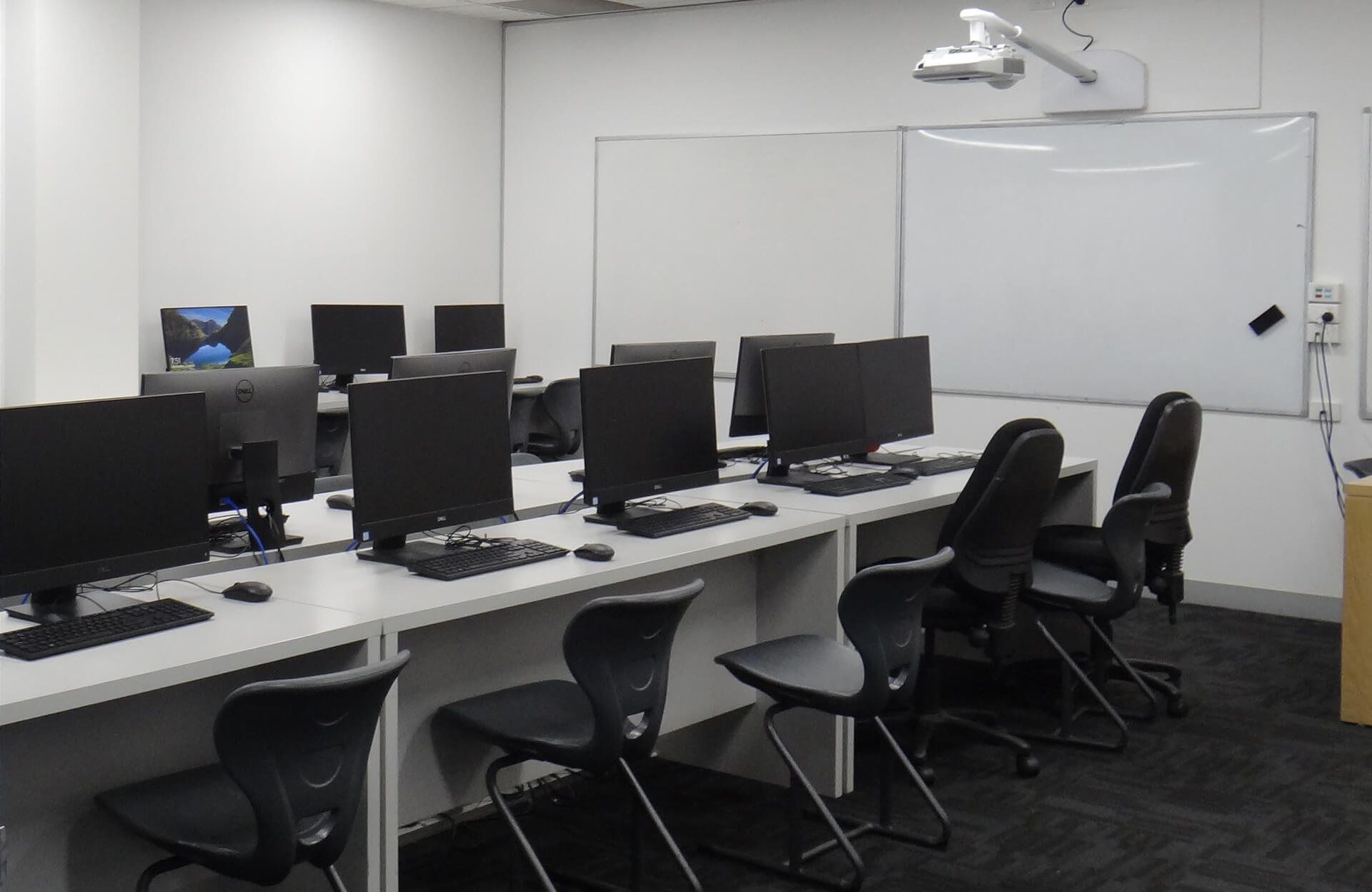
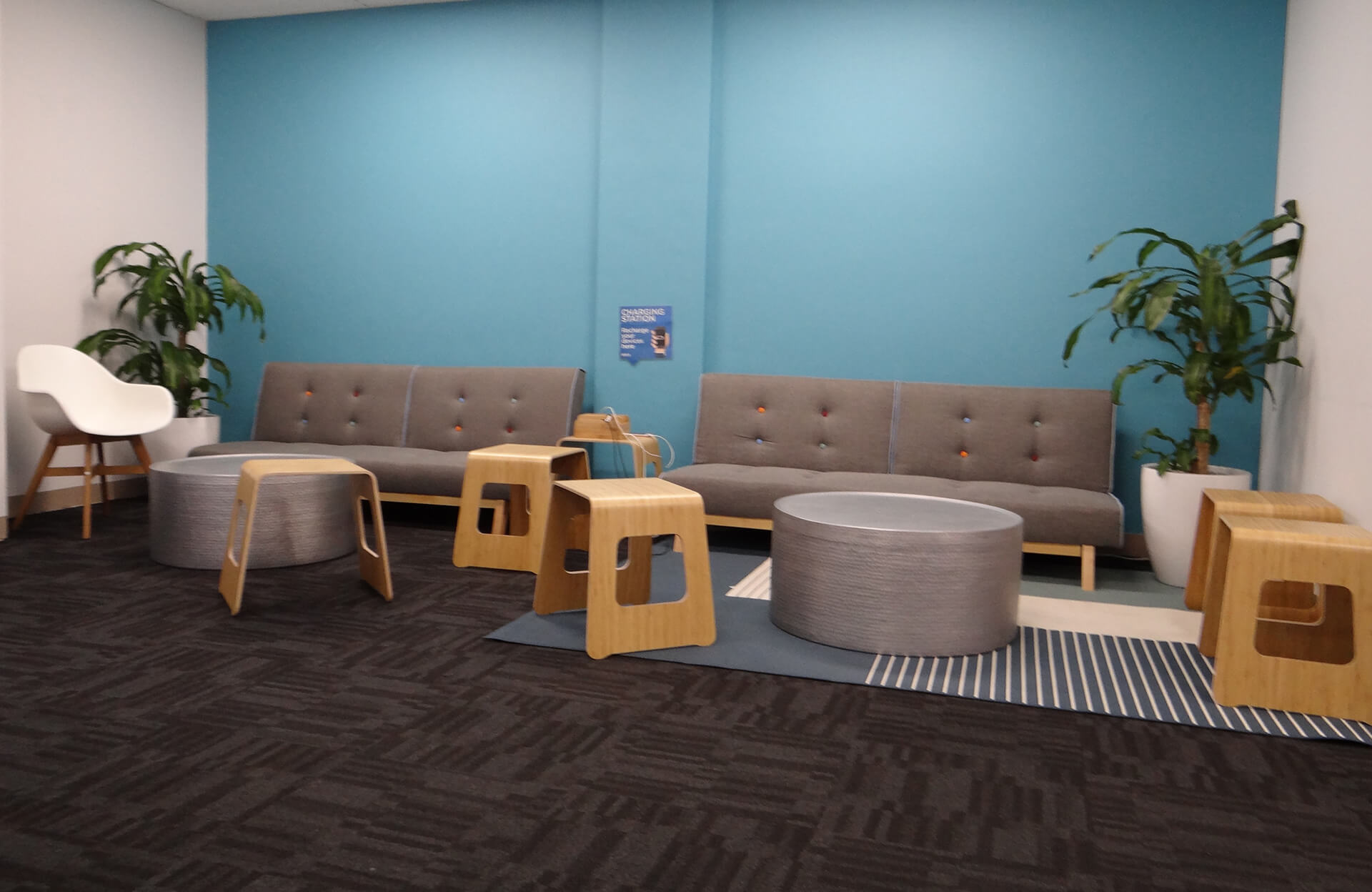
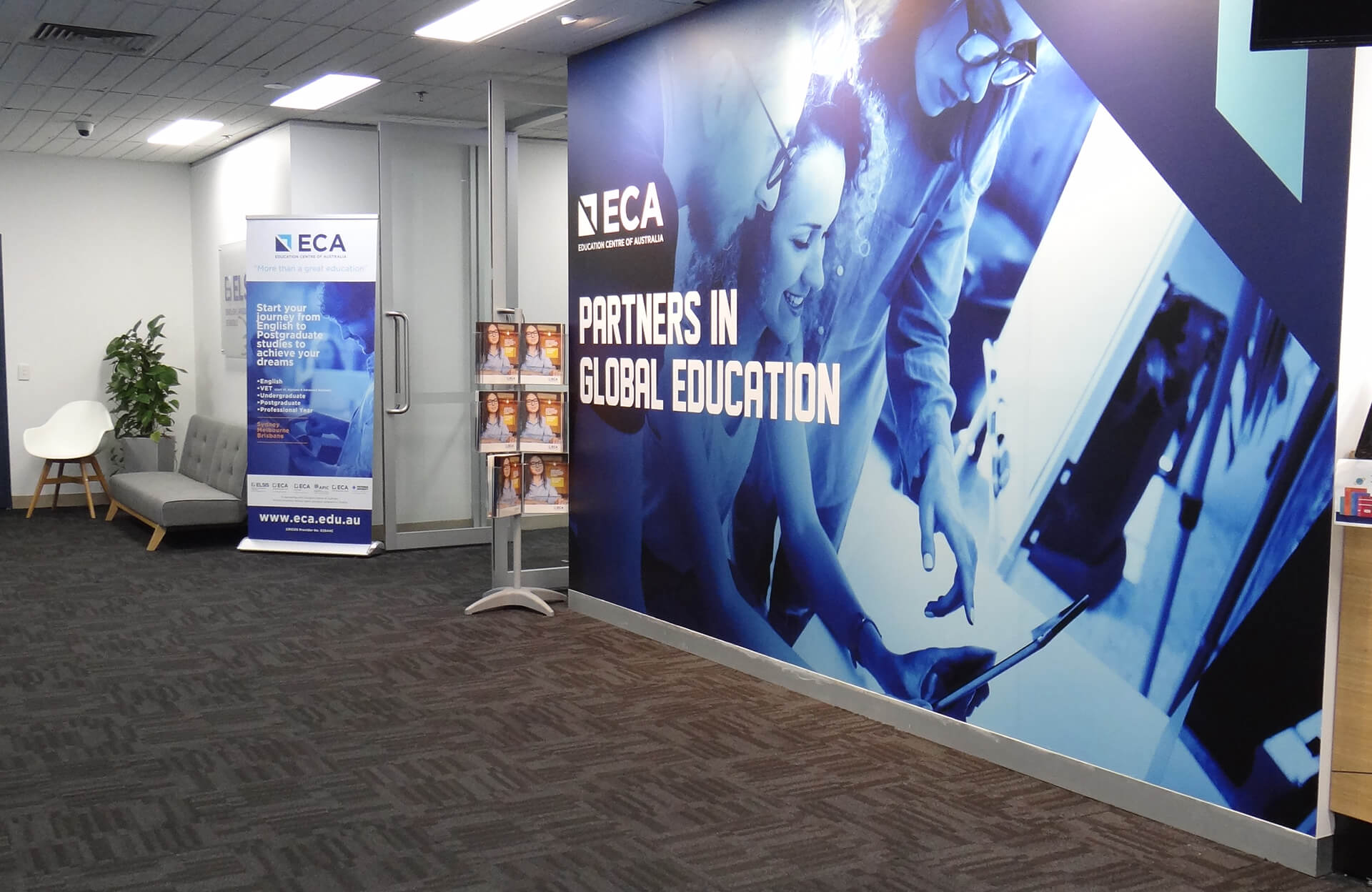
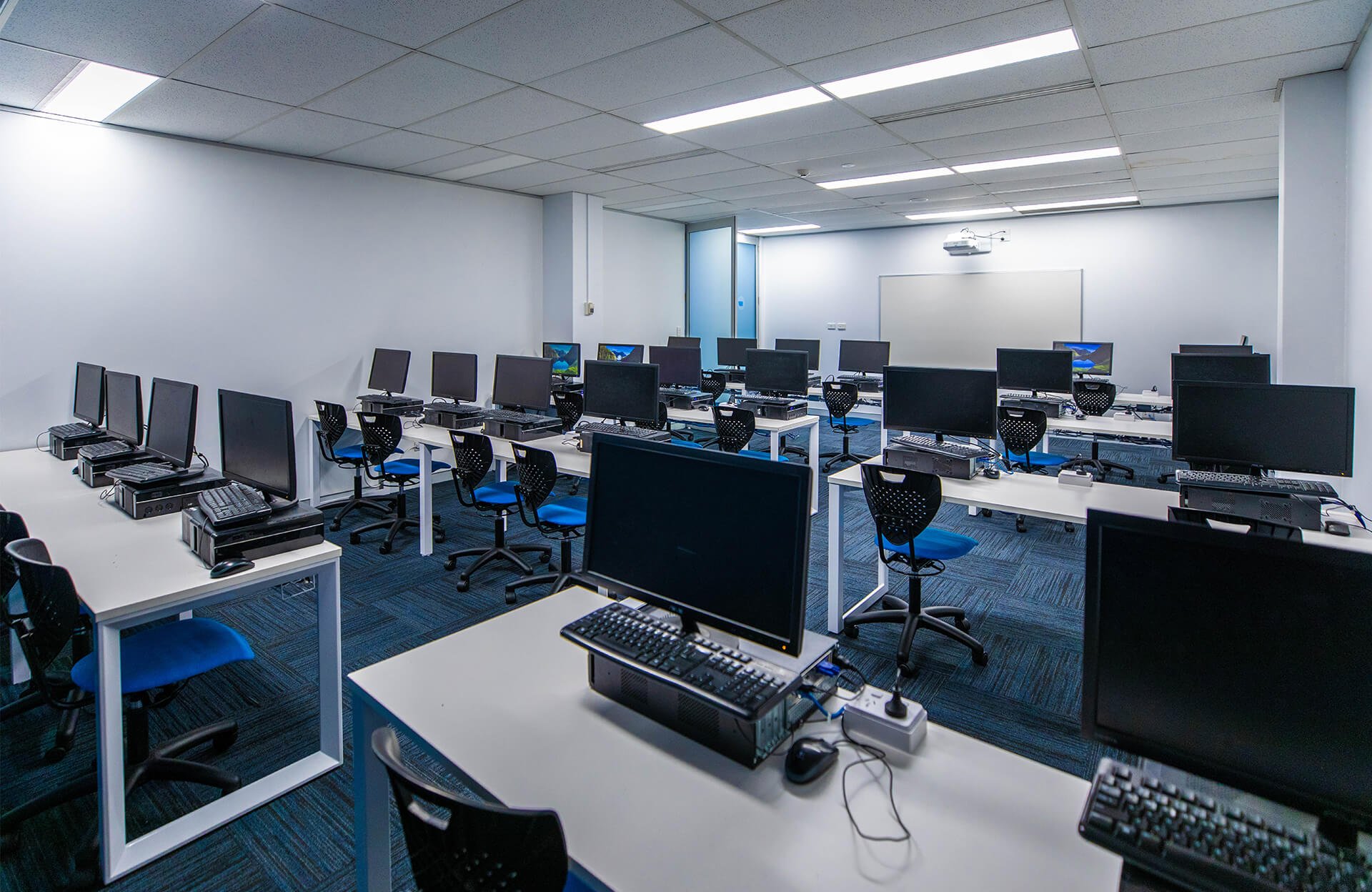
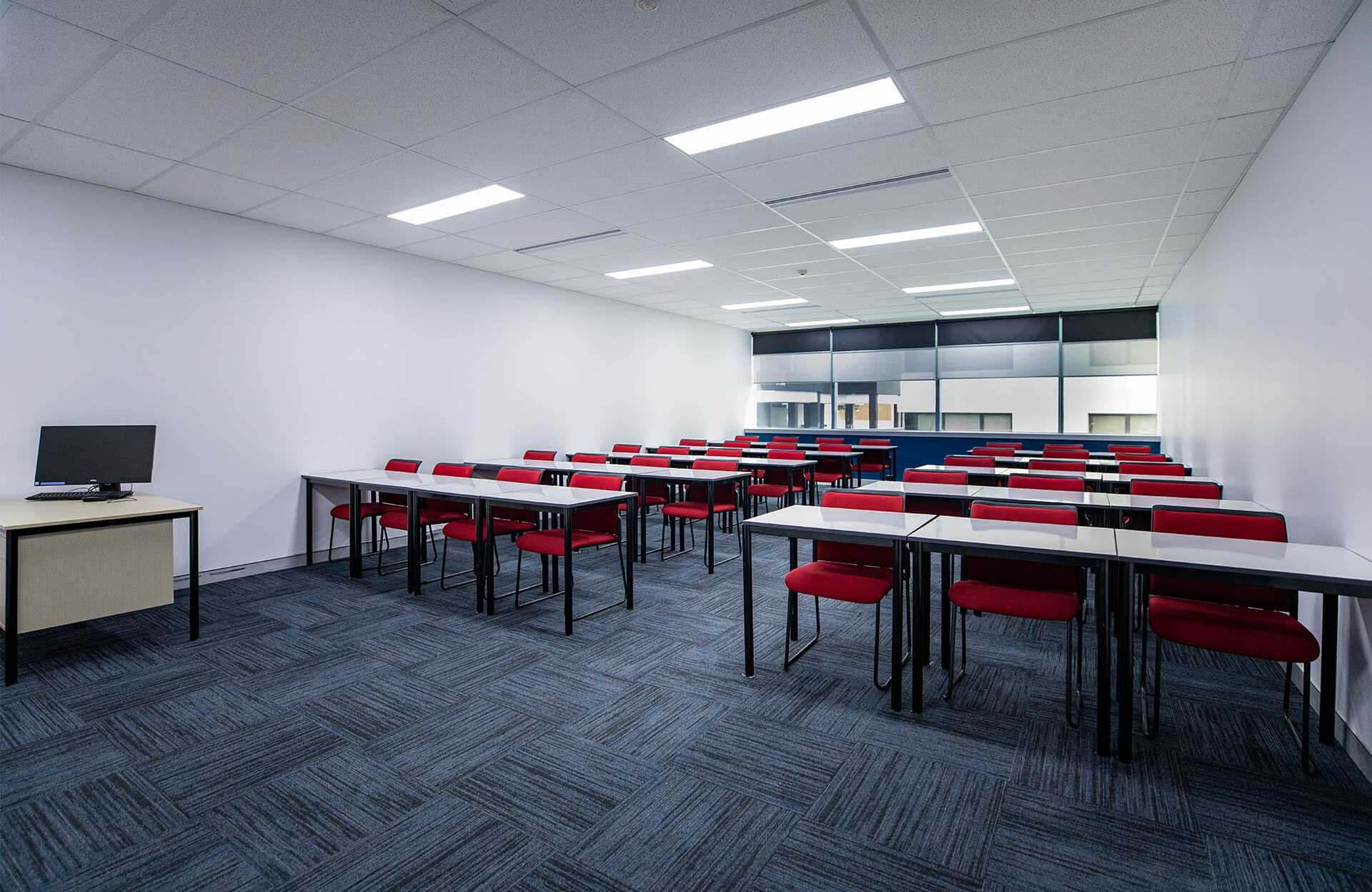
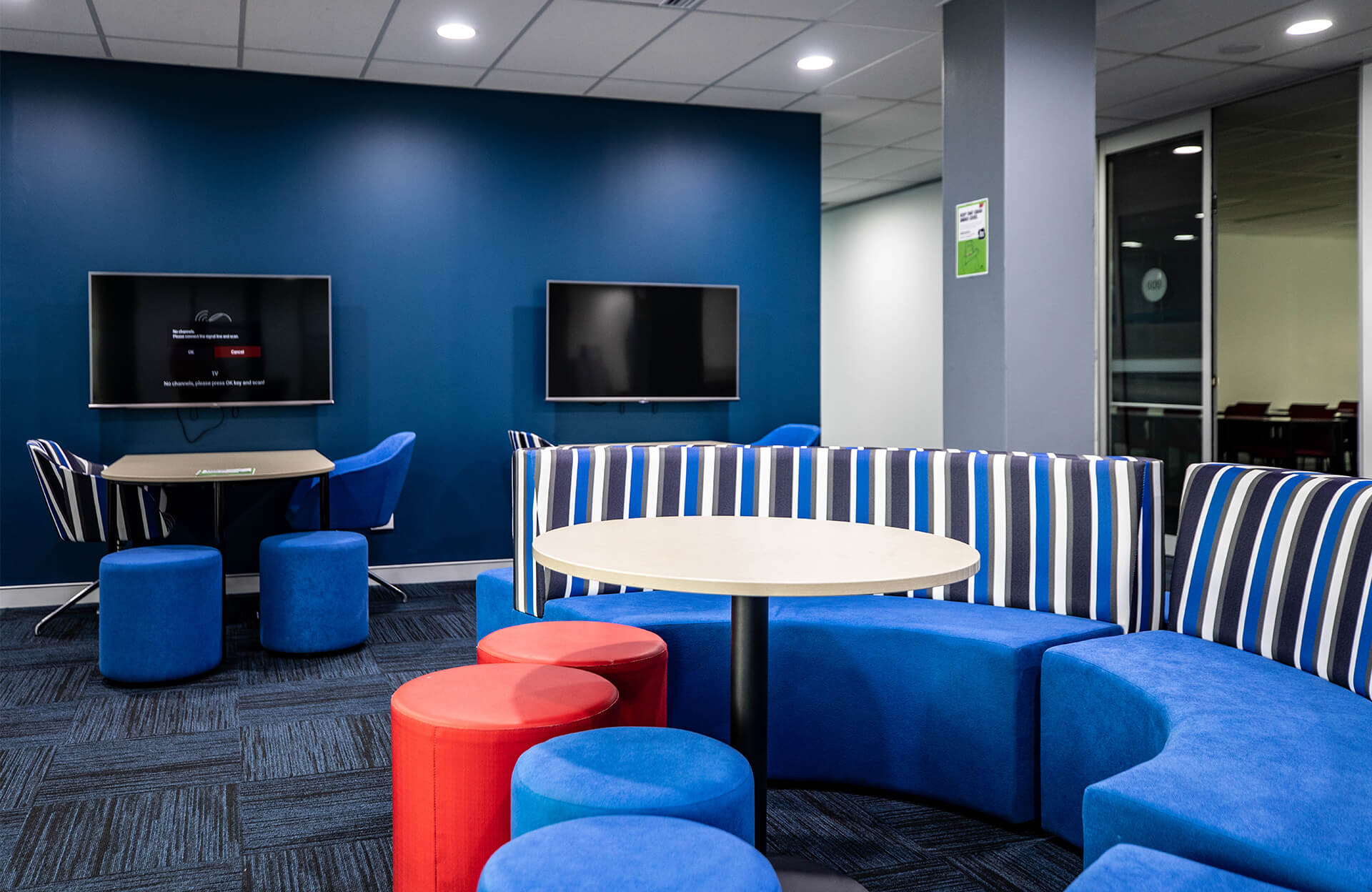
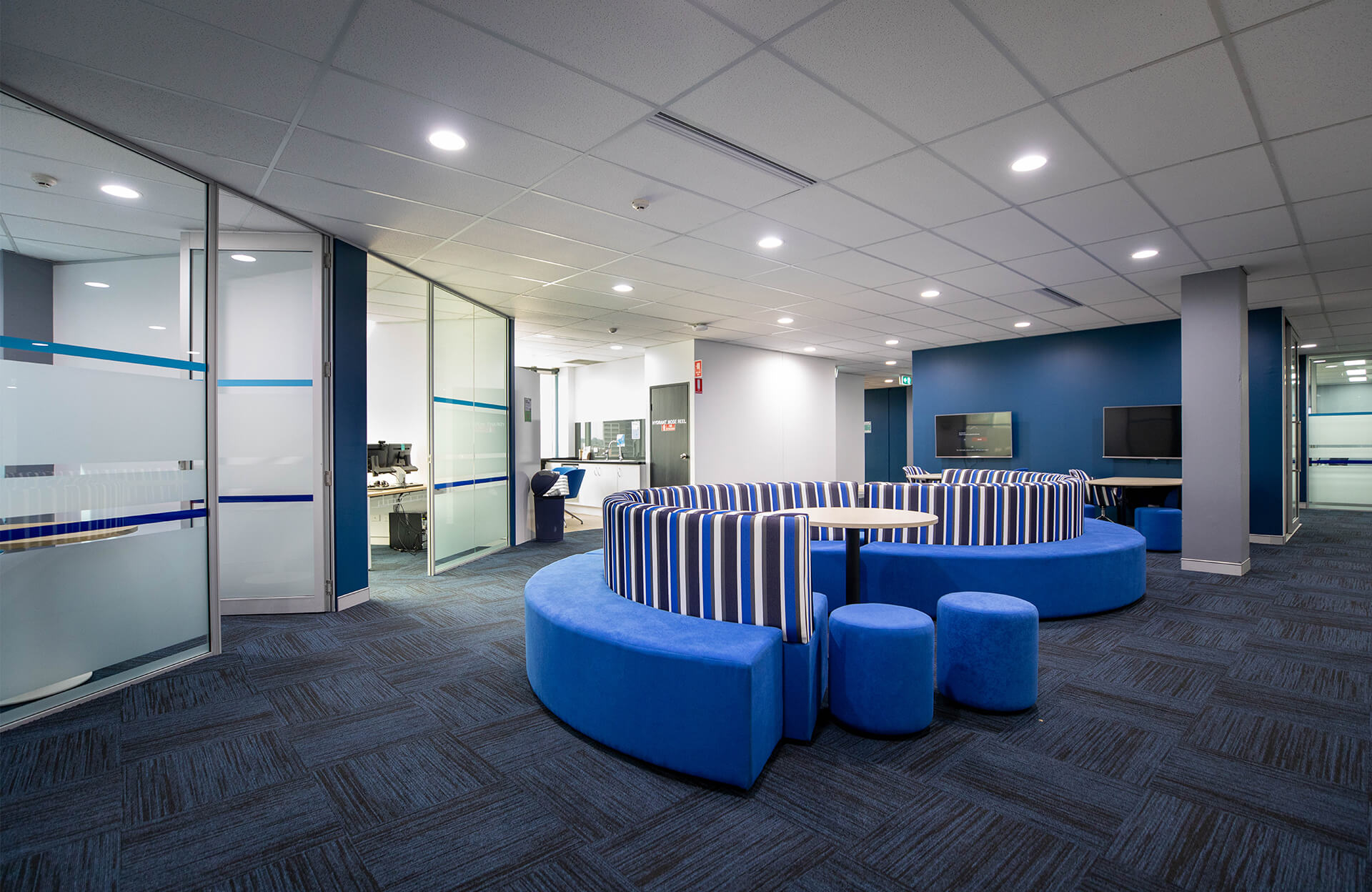
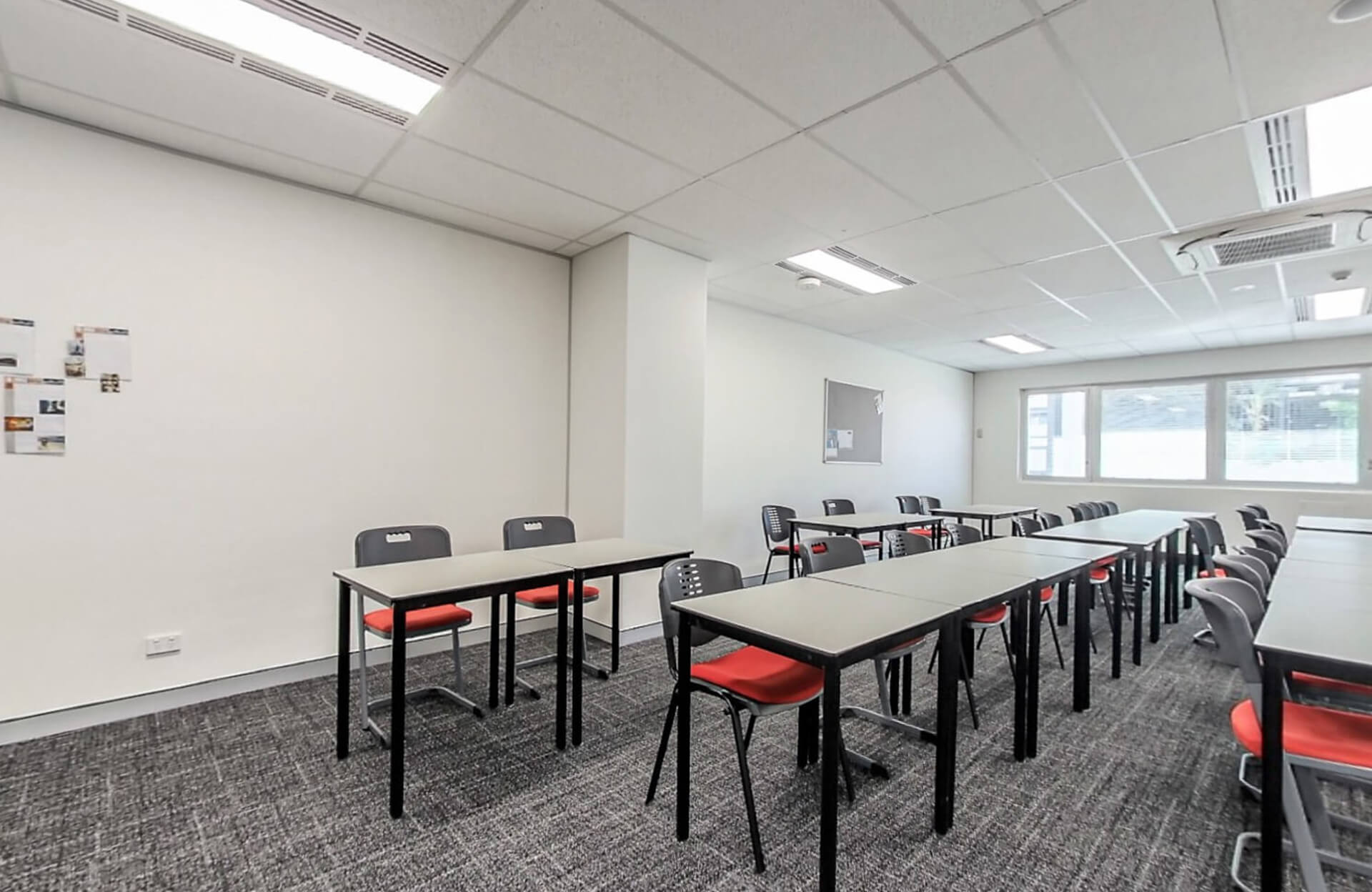
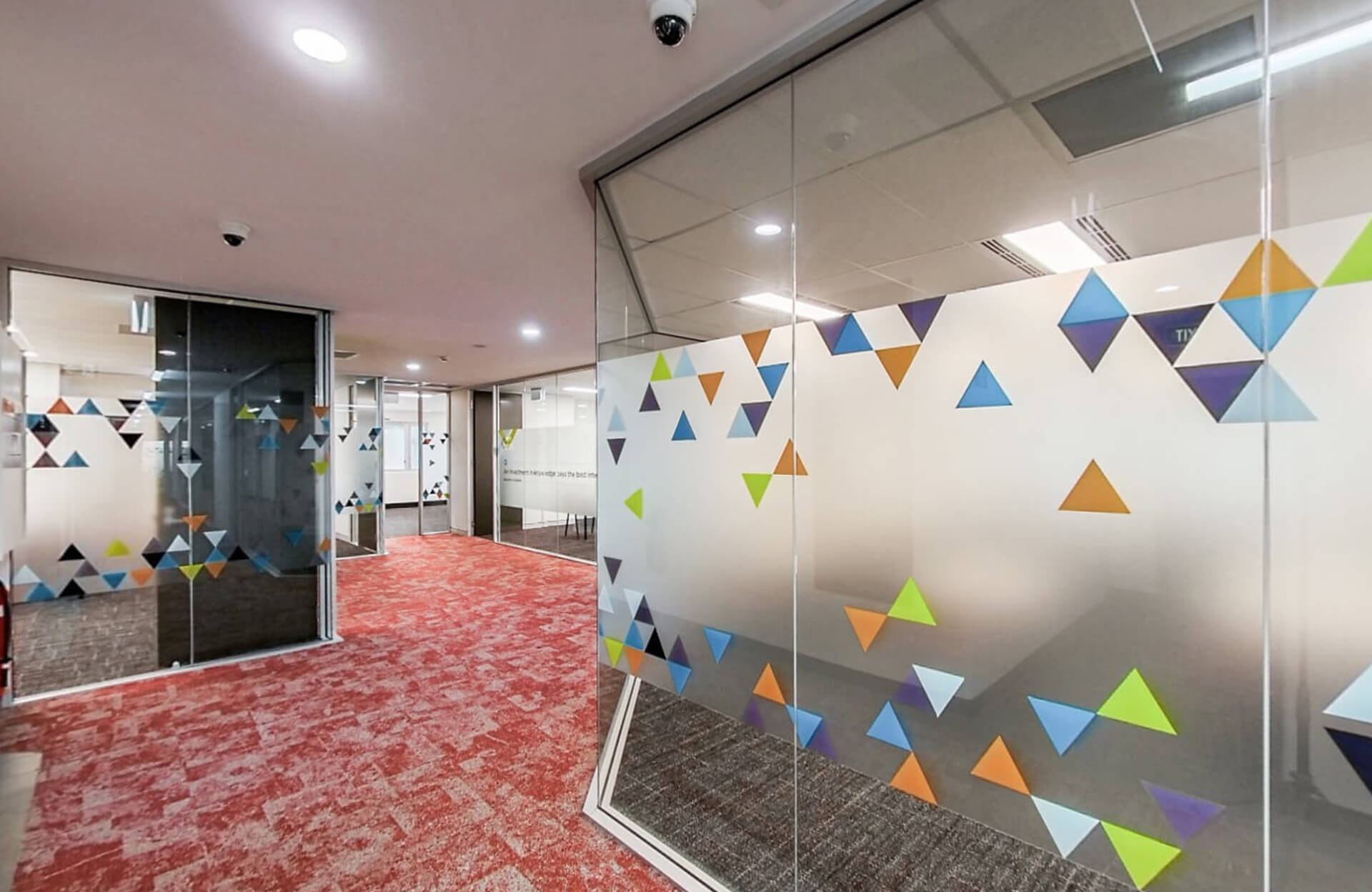
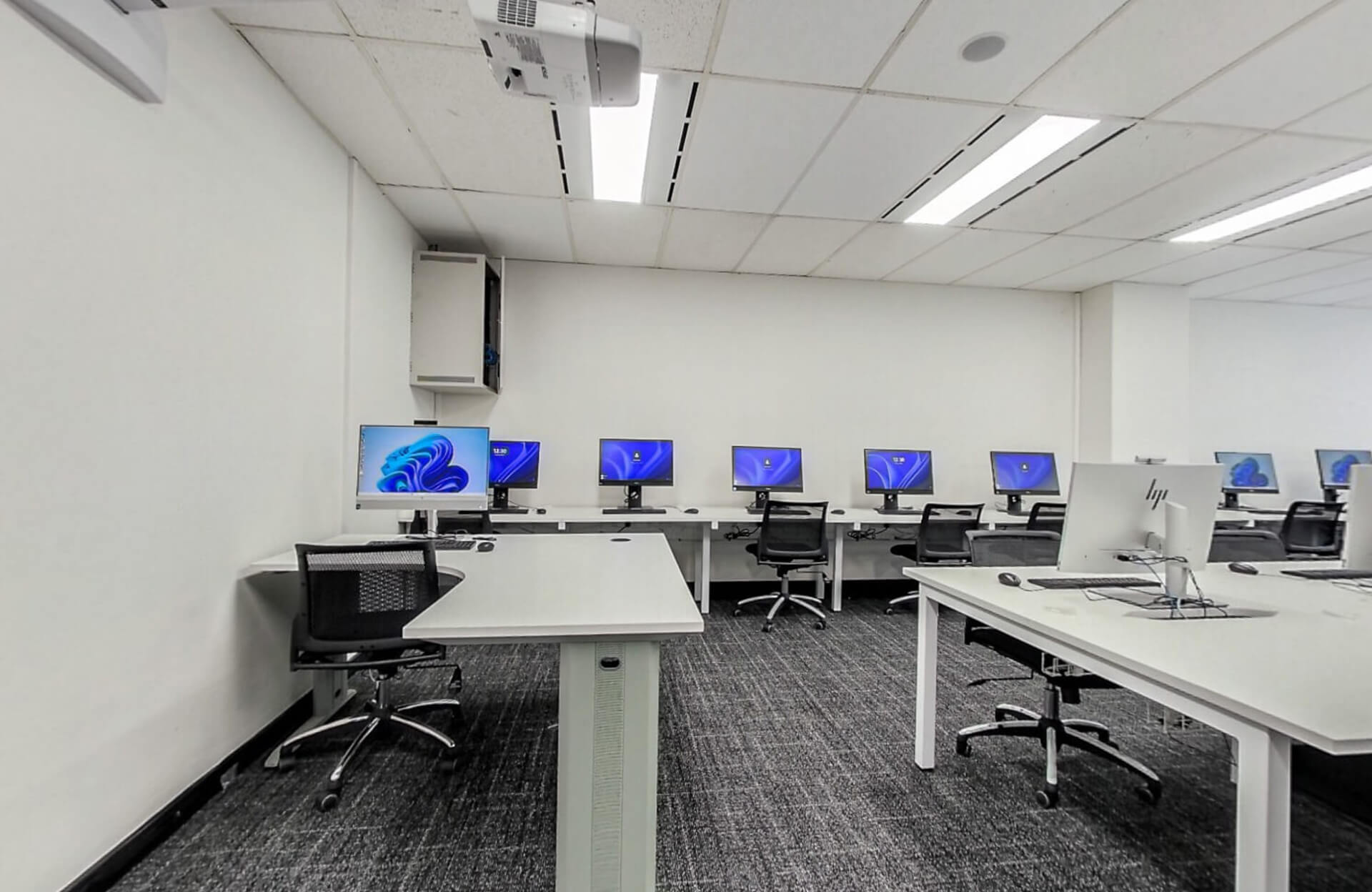
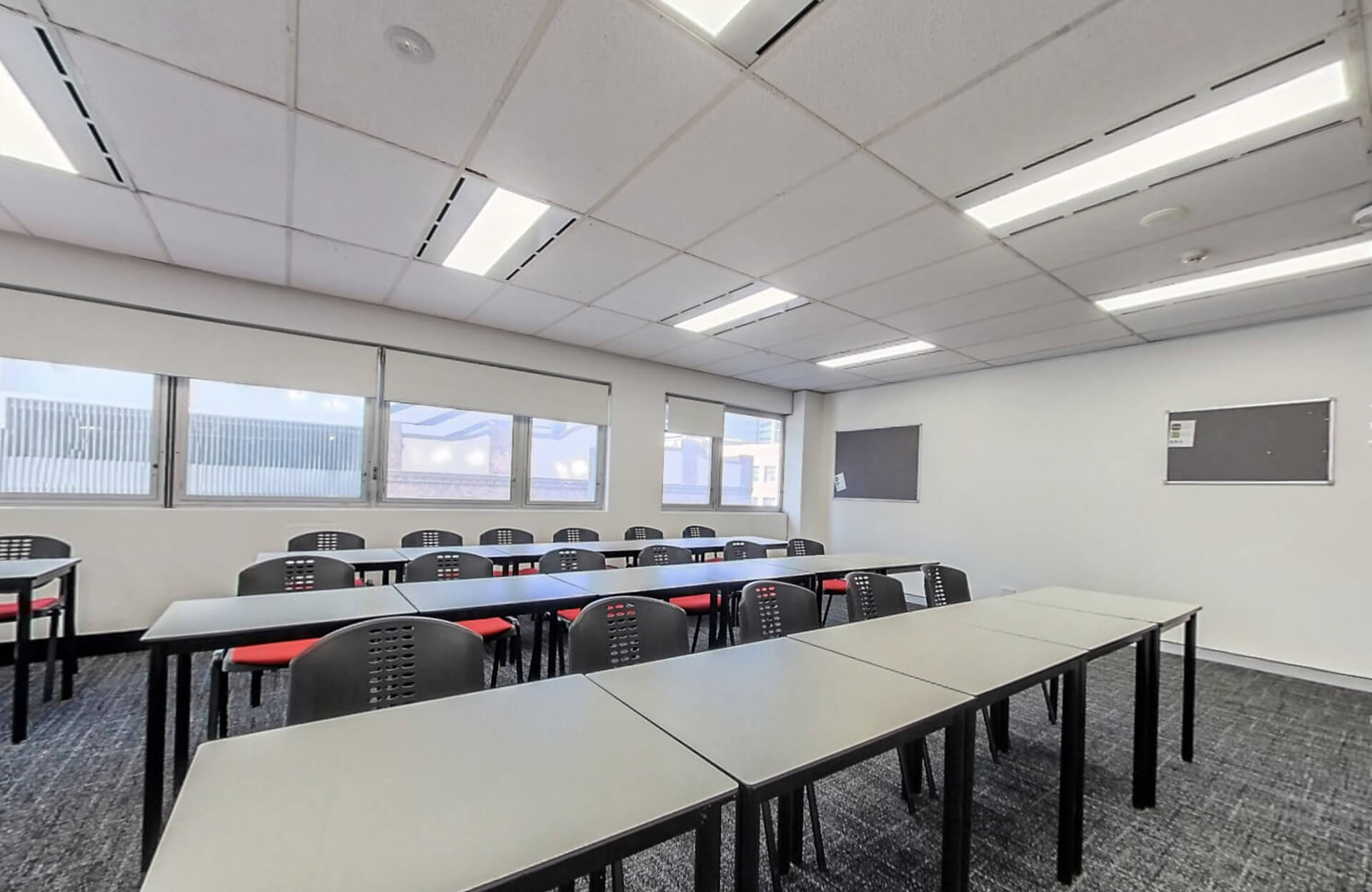

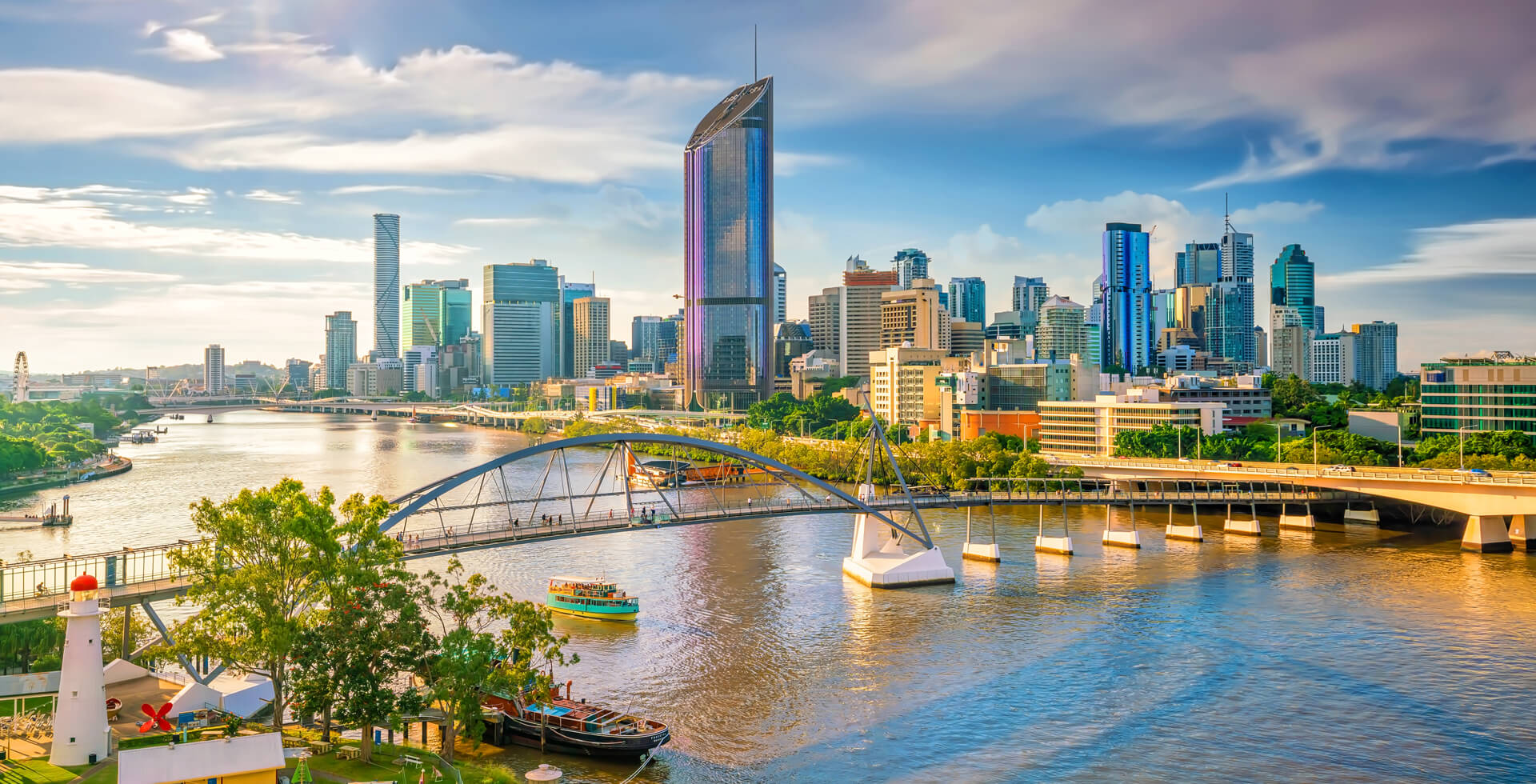
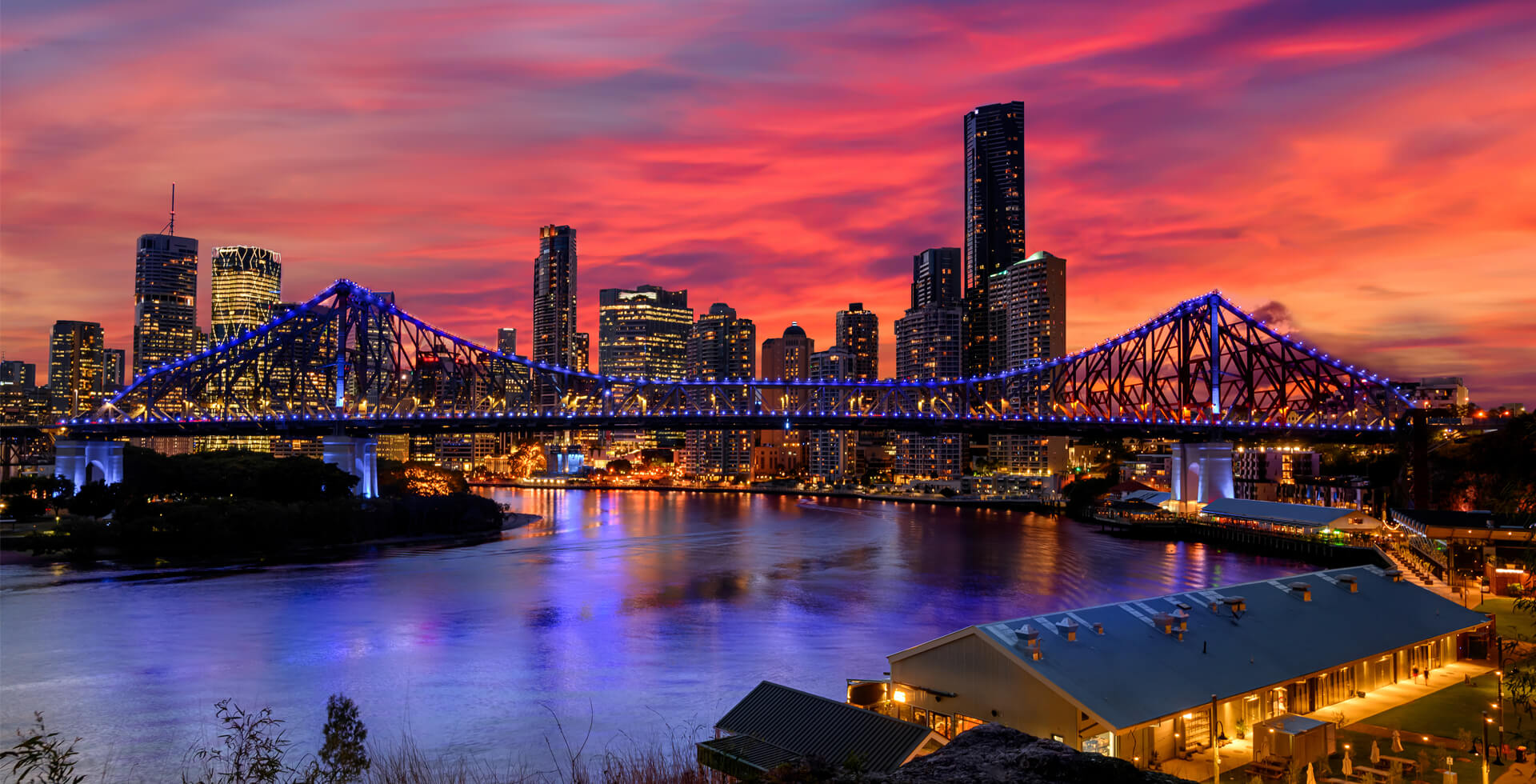
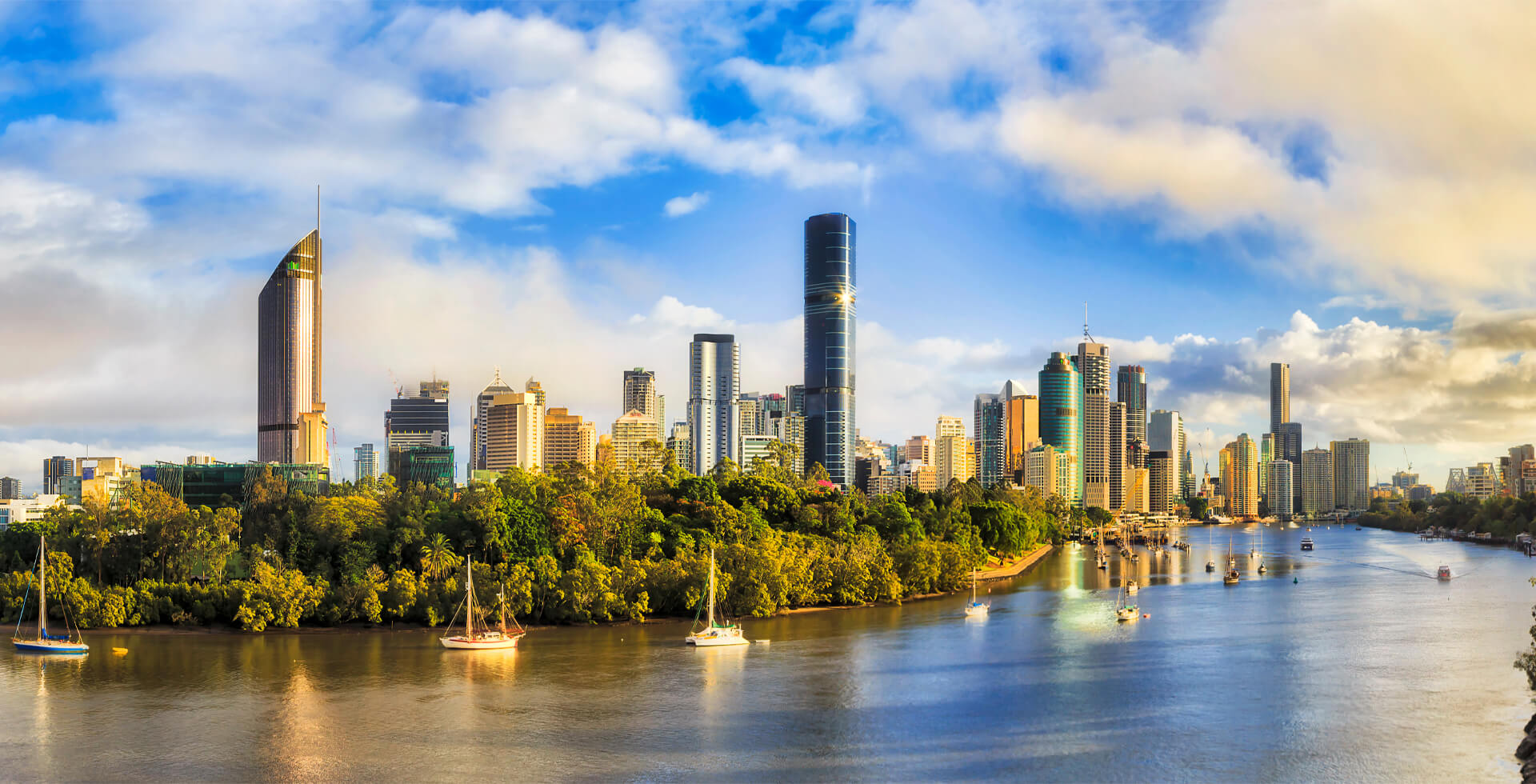

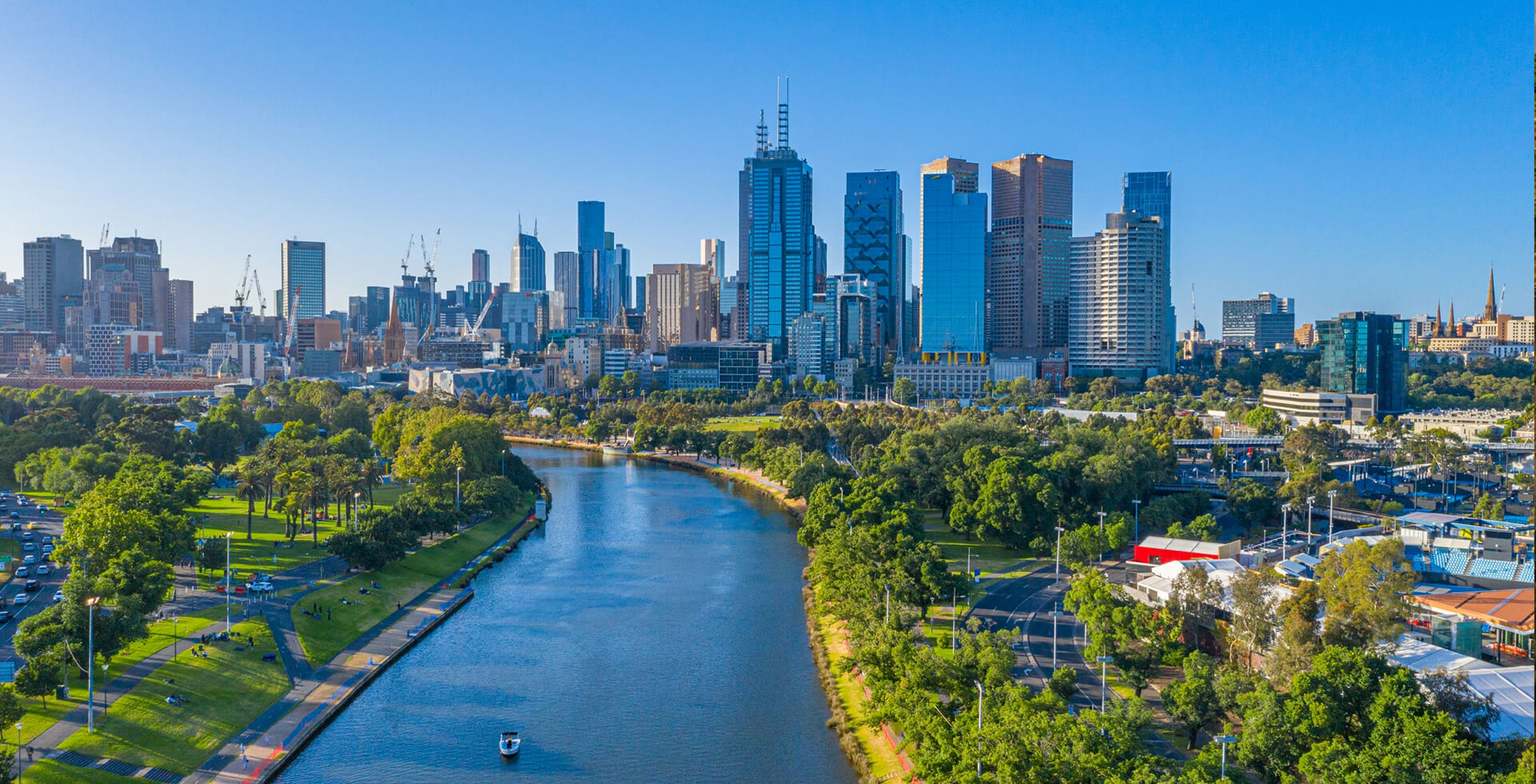
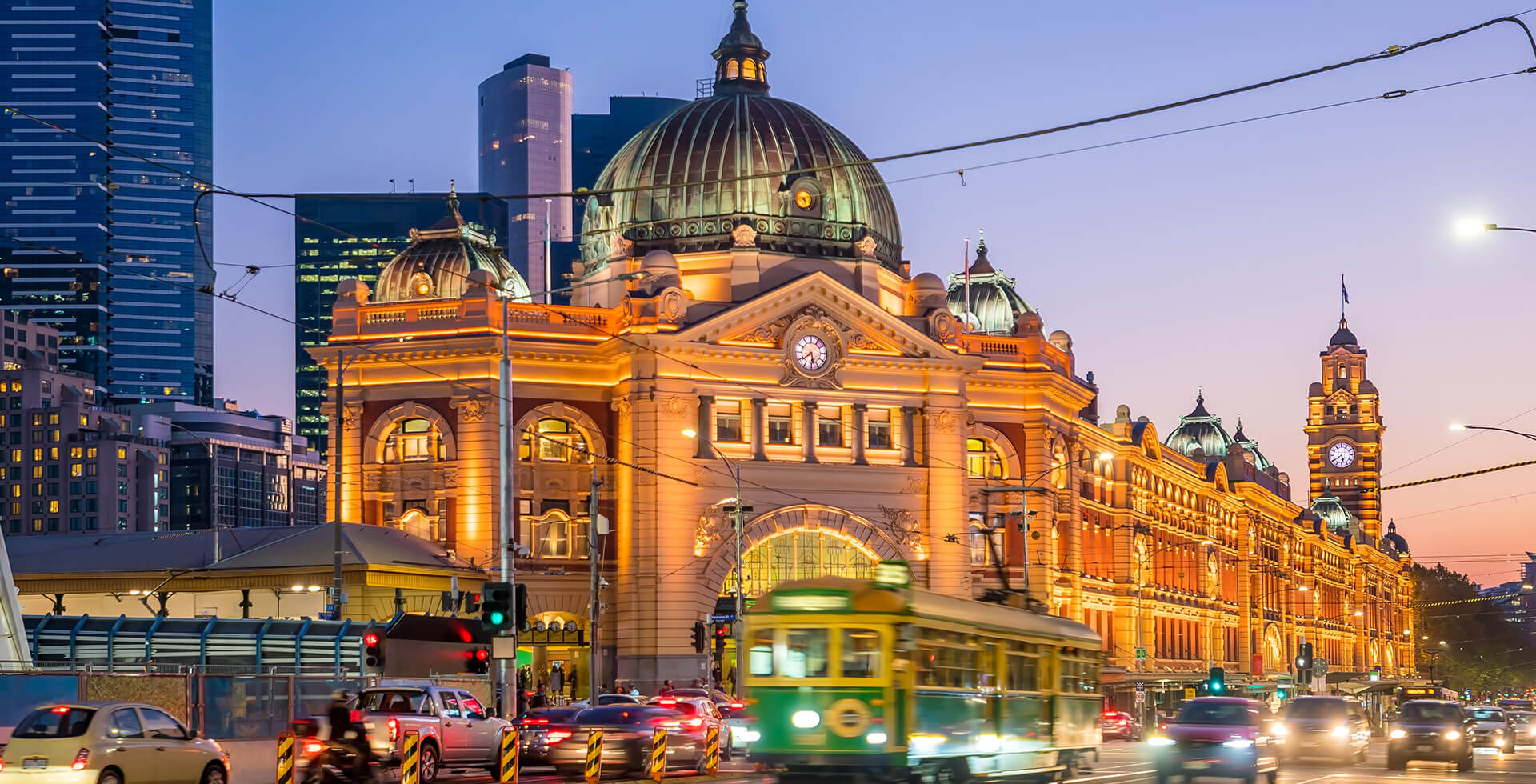
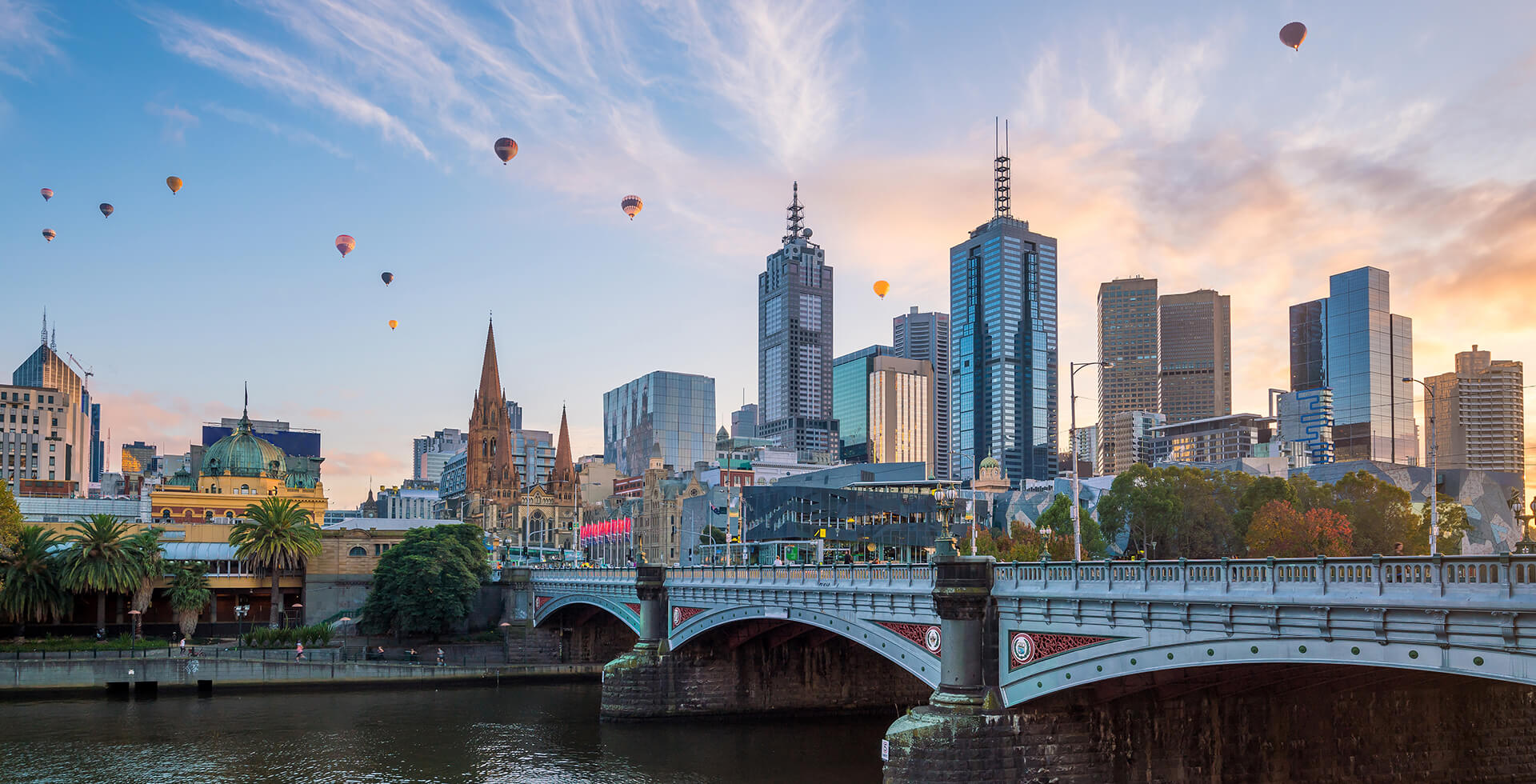
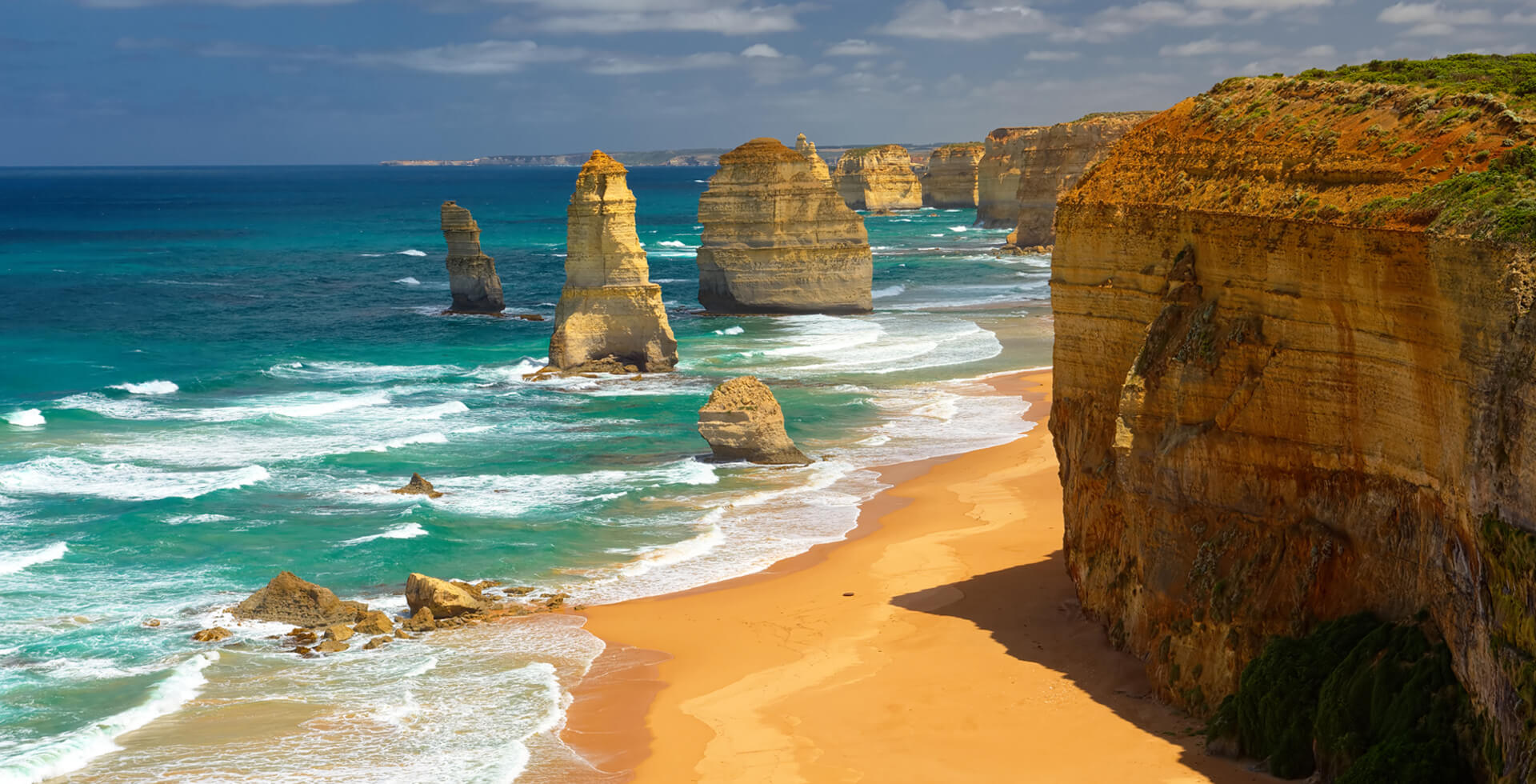
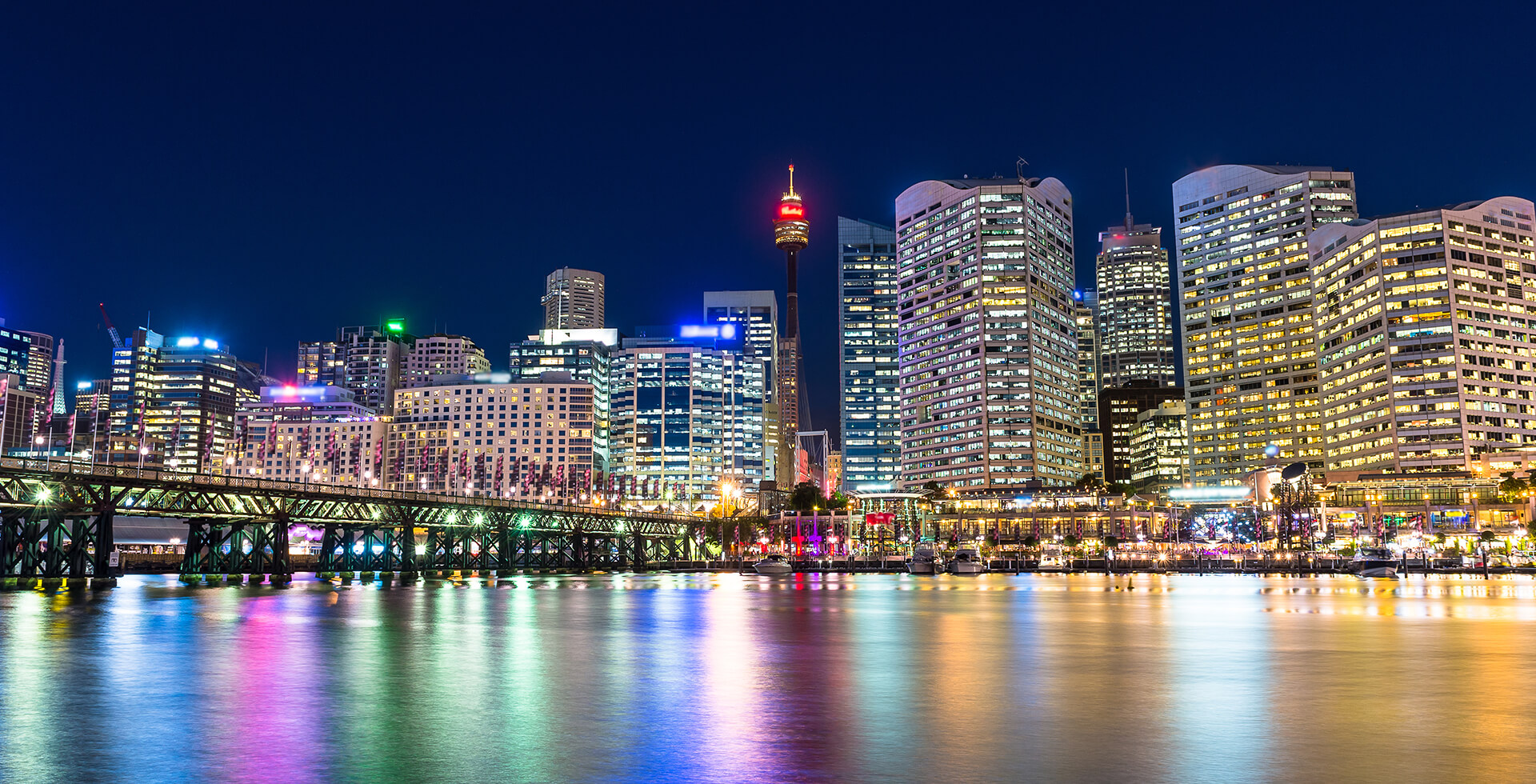

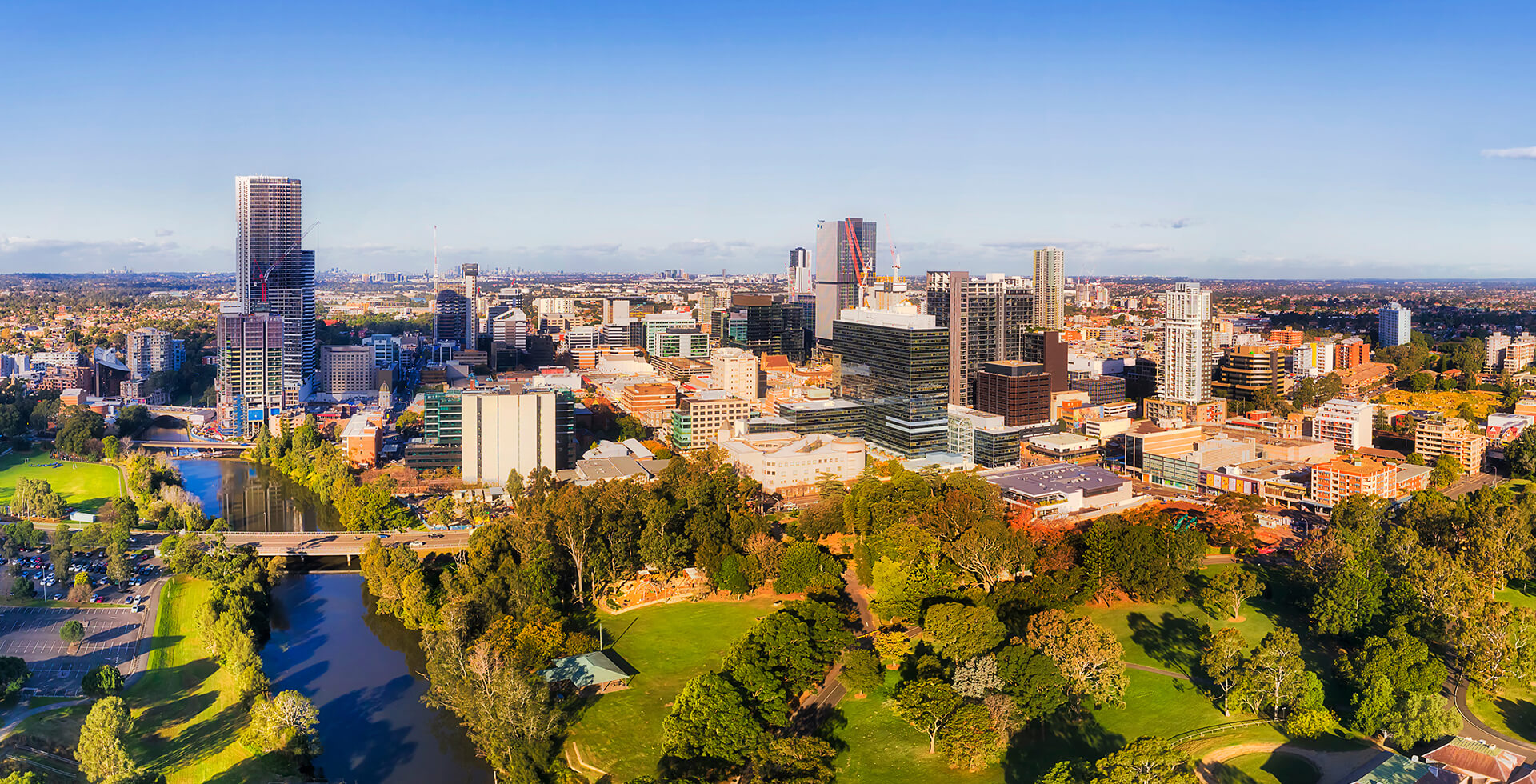

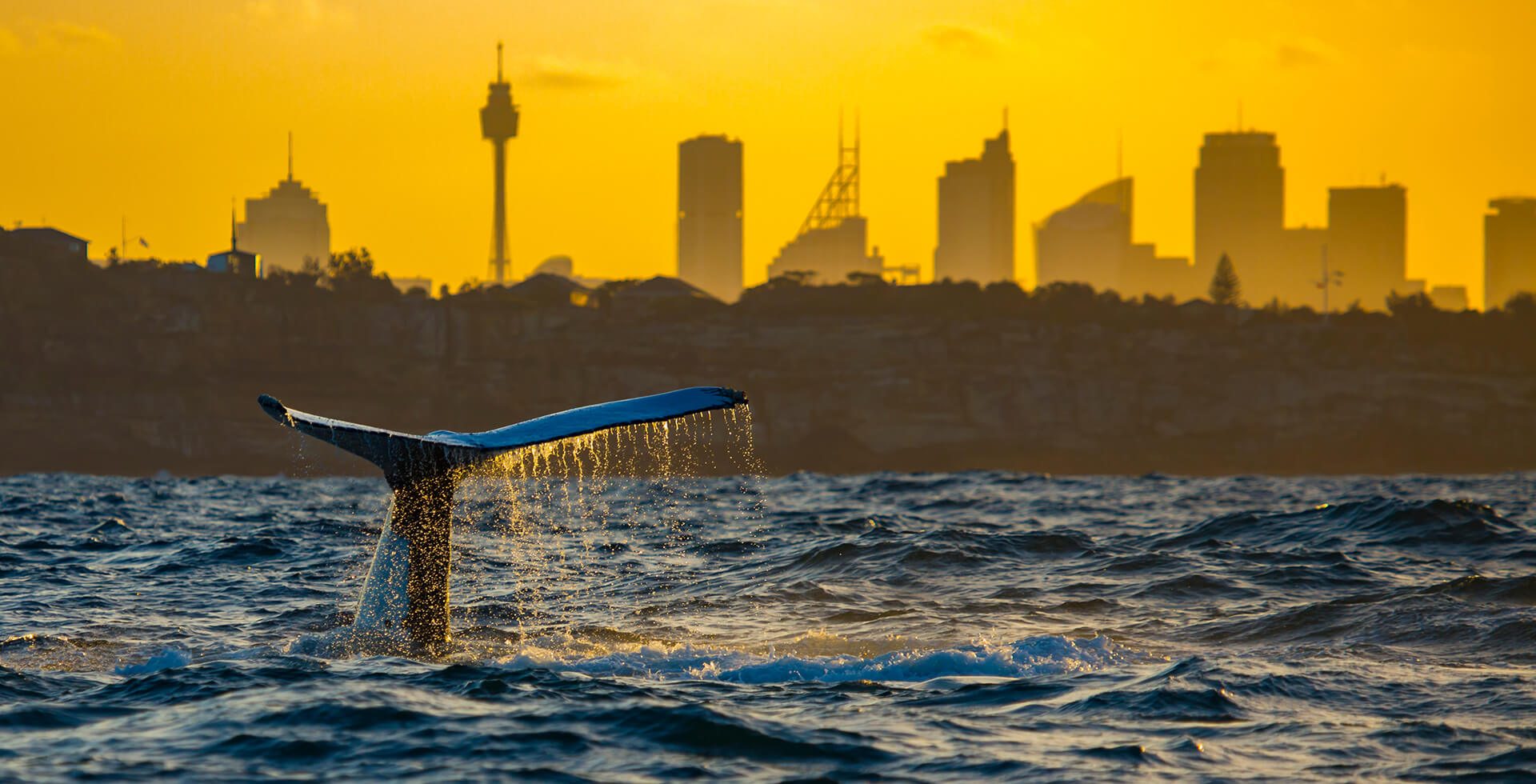
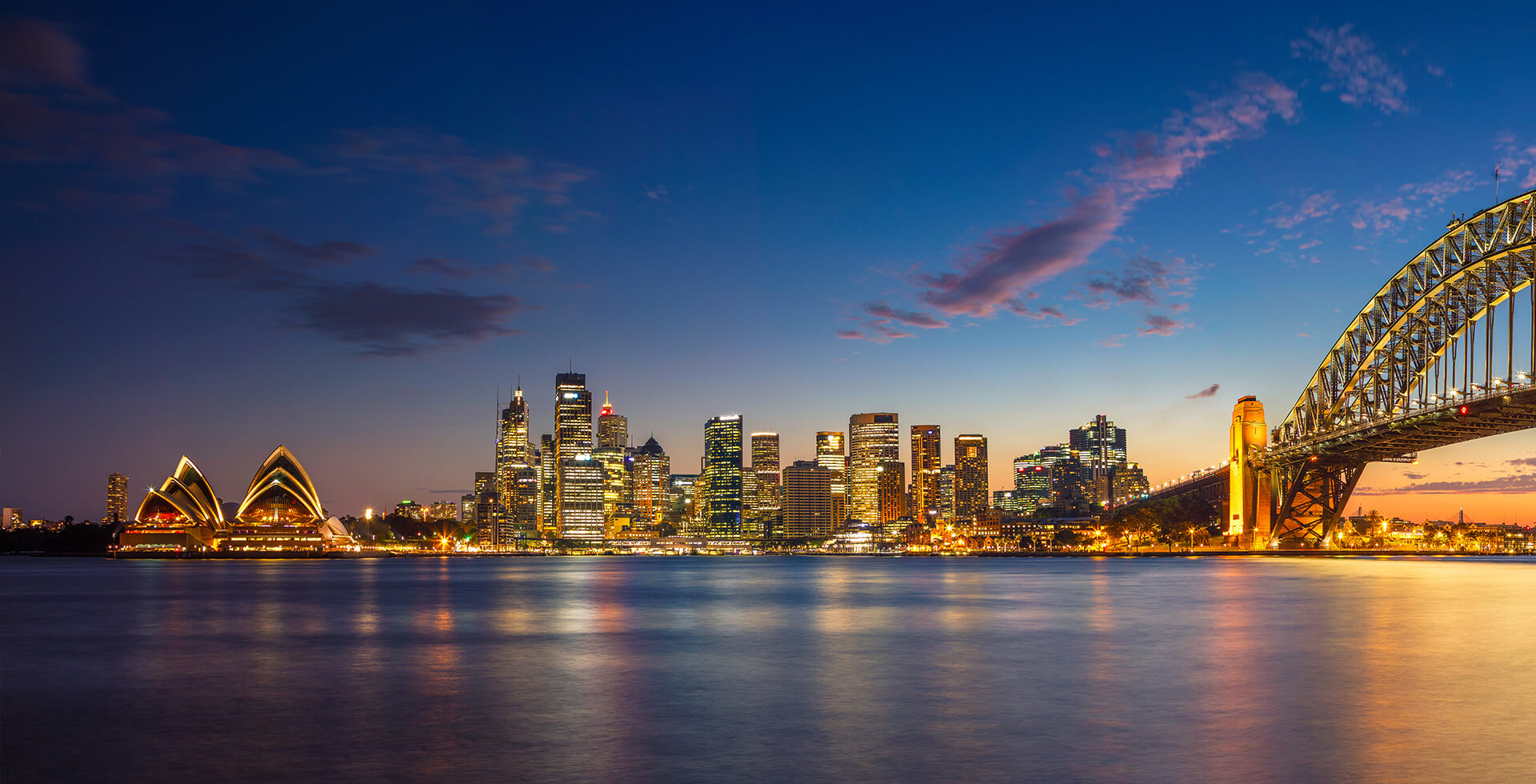
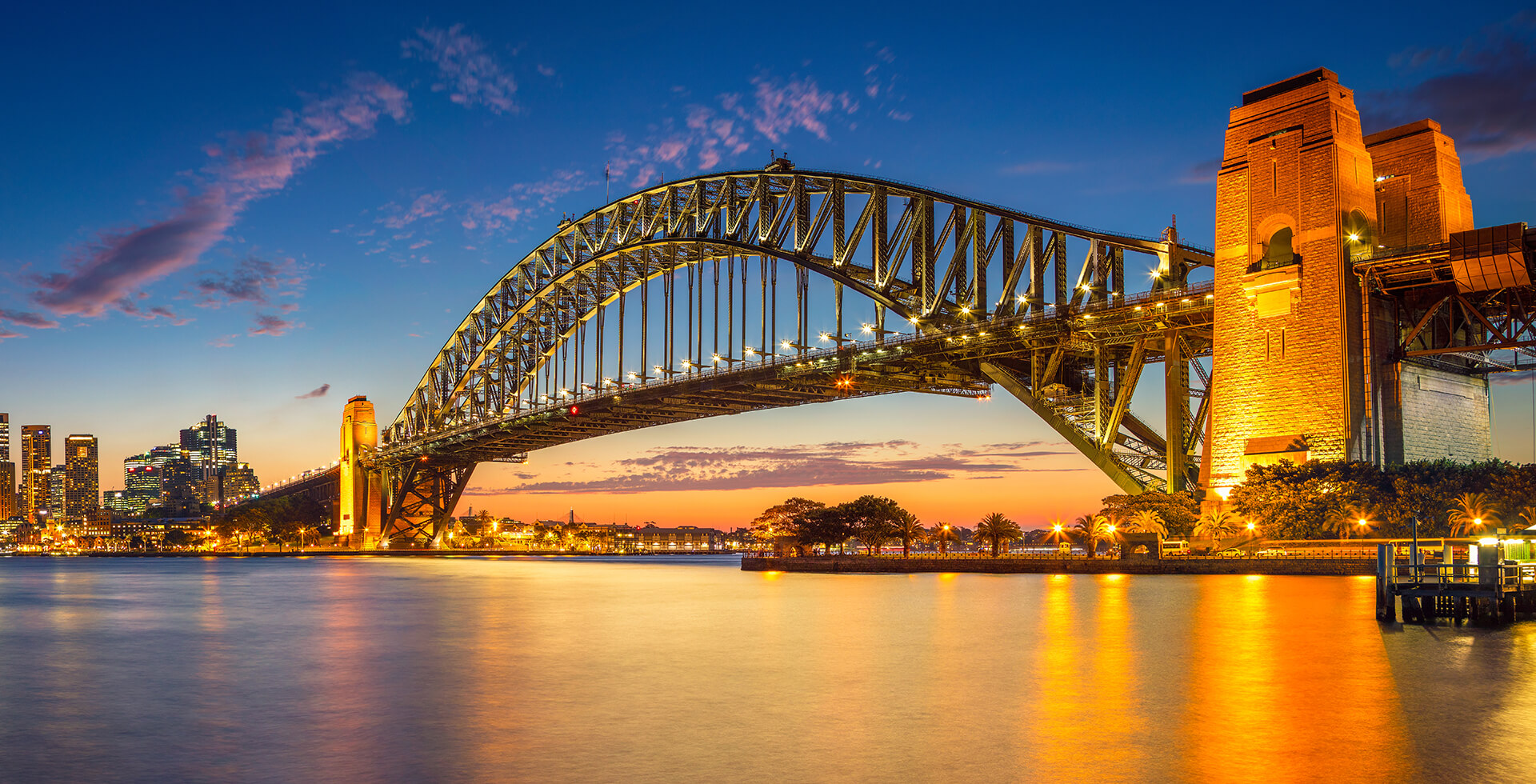
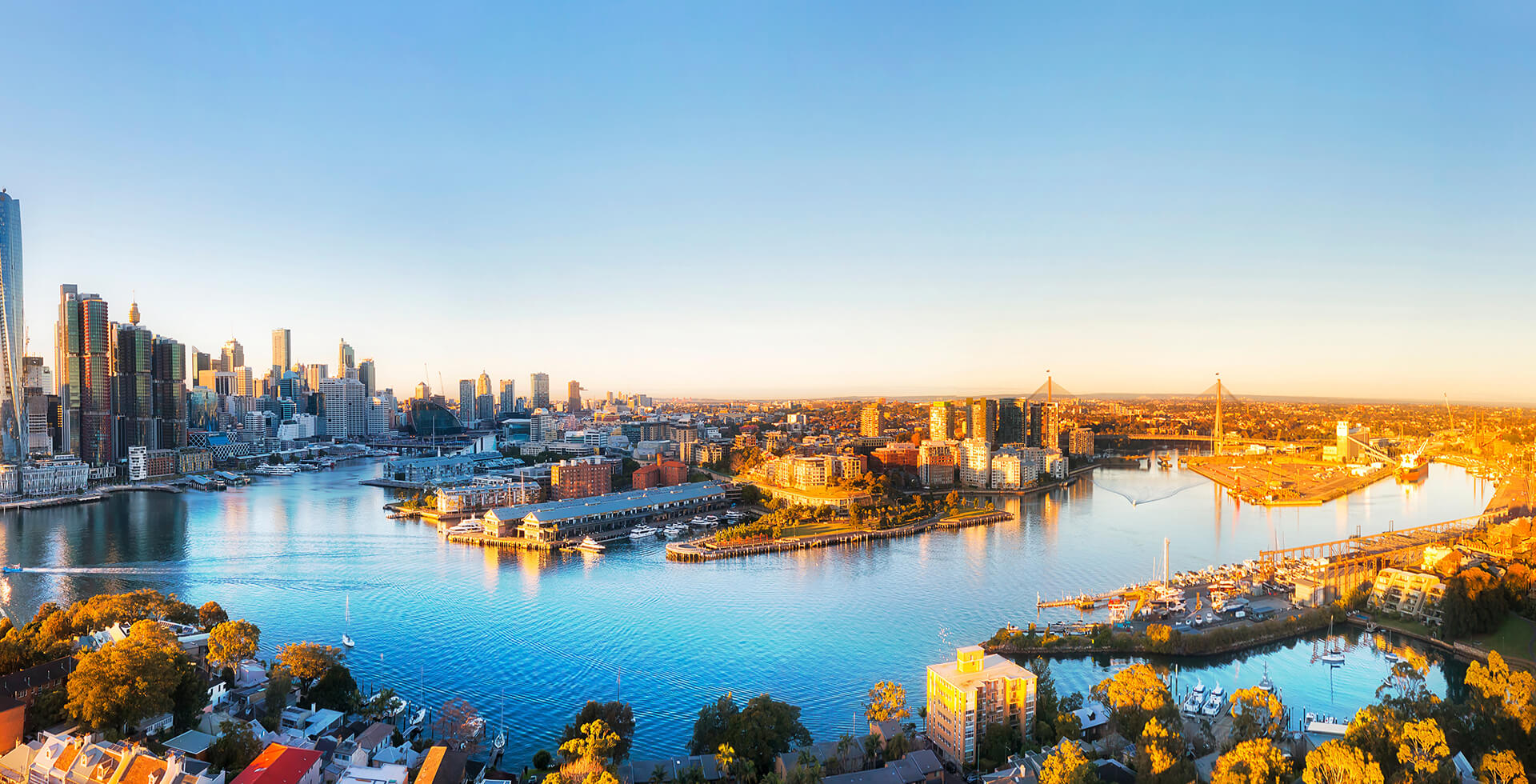
Living in Australia
For information on studying and living in Australia, visit https://www.studyaustralia.gov.au/. This comprehensive site includes everything you need to know about living in Sydney, Melbourne or Brisbane including accommodation, working, health, transport, as well as fantastic information about Australia’s states and regions.
The Australian Government Department of Home Affairs provides useful information on Student Visa Living Costs. Upon arrival you should have a minimum of AUD$2,500, in addition to the monthly average, to cover the initial cost of a laptop computer and establishment expenses, such as rental bond payment and basic furniture items.
















Education Services for Overseas Students(ESOS)
Australia provides rigorous protection for international students through the Education Services for Overseas Students Act 2000 (ESOS Act) and related legislation, which provides and enhances Australia’s reputation for quality education, provides tuition protection and supports the integrity of the student visa program. Click here for more information.
Healthcare & Insurance
Overseas Student Health Cover (OSHC) is a compulsory health insurance policy designed to provide affordable access to medical and hospital treatment for students or their family dependents while studying in Australia. OSHC will also contributes to the cost of most prescription drugs and emergency ambulance transport.
International students are required to take overseas health cover during their stay. Please Contact Us or visit the Department of Health website (www.health.gov.au) for full information about registered OSHC providers, complete details of what is covered, and OSHC eligibility.
Tuition protection for current and prospective students
APIC complies with the Tuition Protection Service (TPS) requirements established by the Australian Government for overseas students. APIC also has tuition protection arrangements in place for domestic students. These arrangements ensure that current and prospective students enrolled in APIC courses leading to an AQF-recognised award will be offered a suitable alternative course or receive a refund of any unspent pre-paid tuition fees if APIC is unable to deliver the course.
Cost of Living
For information on studying and living in Australia, please visit Study Australia. This comprehensive site includes everything you need to know about living in Sydney or other cities in Australia, including accommodation, working, health, transport, as well as fantastic information about Australia’s states and regions.
The Australian Government Department of Home Affairs provides useful information on Student Visa. Upon arrival you should have a minimum of AUD$2,500, in addition to the monthly average, to cover the initial cost of a laptop computer and establishment expenses, such as rental bond payment and basic furniture items.
From May 10, 2024, international students will need to show evidence of $29,710 in savings. For more information, please click here. To learn more about the cost of living in Sydney, Melbourne or Brisbane, please check the official cost of living calculator.
Education Services for Overseas Students(ESOS)
Australia provides rigorous protection for international students through the Education Services for Overseas Students Act 2000 (ESOS Act) and related legislation, which provides and enhances Australia’s reputation for quality education, provides tuition protection and supports the integrity of the student visa program.Click here for more information.
Healthcare & Insurance
Overseas Student Health Cover (OSHC) is a compulsory health insurance policy designed to provide affordable access to medical and hospital treatment for students or their family dependents while studying in Australia. OSHC will also contributes to the cost of most prescription drugs and emergency ambulance transport.
International students are required to take overseas health cover during their stay. Please Contact Us or visit the Department of Health website (www.health.gov.au) for full information about registered OSHC providers, complete details of what is covered, and OSHC eligibility.

Tuition protection for current and prospective students
APIC complies with the Tuition Protection Service (TPS) requirements established by the Australian Government for overseas students. APIC also has tuition protection arrangements in place for domestic students. These arrangements ensure that current and prospective students enrolled in APIC courses leading to an AQF-recognised award will be offered a suitable alternative course or receive a refund of any unspent pre-paid tuition fees if APIC is unable to deliver the course.
Cost of Living
For information on studying and living in Australia, please visit Study Australia. This comprehensive site includes everything you need to know about living in Sydney or other cities in Australia, including accommodation, working, health, transport, as well as fantastic information about Australia’s states and regions.
The Australian Government Department of Home Affairs provides useful information on Student Visa. Upon arrival you should have a minimum of AUD$2,500, in addition to the monthly average, to cover the initial cost of a laptop computer and establishment expenses, such as rental bond payment and basic furniture items.
From May 10, 2024, international students will need to show evidence of $29,710 in savings. For more information, please click here. To learn more about the cost of living in Sydney, Melbourne or Brisbane, please check the official cost of living calculator.
Student Visa
All APIC courses are authorised to be offered to international students studying on an Australian student visa. For information on your Student Visa and details of all visa conditions, refer to the Department of Immigration and Border Protection website (www.homeaffairs.gov.au).
Working while you study
Immigration regulations allows you to work up to 48 hours per fortnight on a casual basis during course time, and full-time during vacation periods. Family members can also work up to 48 hours per fortnight throughout the year.


